Glyphosate-based herbicides such as Roundup were shown in this study to suppress the growth of beneficial gut bacteria, leading to the overgrowth of extremely pathogenic bacteria.
Full Paper Here: ncbi.nlm.nih.gov
Abstract
During the last 10-15 years, an increase of Clostridium botulinum associated diseases in cattle has been observed in Germany. The reason for this development is currently unknown. The normal intestinal microflora is a critical factor in preventing intestinal colonisation by C. botulinum as shown in the mouse model of infant botulism. Numerous bacteria in the gastro-intestinal tract (GIT) produce bacteriocines directed against C. botulinum and other pathogens: Lactic acid producing bacteria (LAB) such as lactobacilli, lactococci and enterococci, generate bacteriocines that are effective against Clostridium spp. A reduction of LAB in the GIT microbiota by ingestion of strong biocides like glyphosate could be an explanation for the observed increase in levels of C. botulinum associated diseases. In the present paper, we report on the toxicity of glyphosate to the most prevalent Enterococcus spp. in the GIT. Ingestion of this herbicide could be a significant predisposing factor that is associated with the increase in C. botulinum mediated diseases in cattle.
Authors
Krüger M, Shehata AA, Schrödl W, Rodloff A.





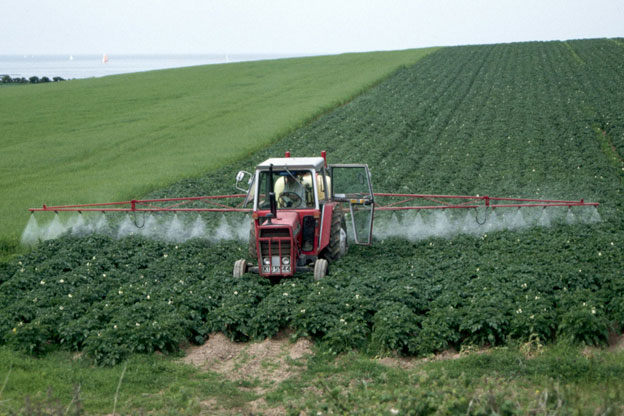
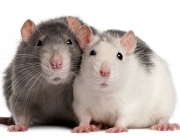








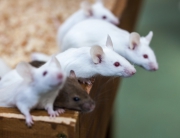







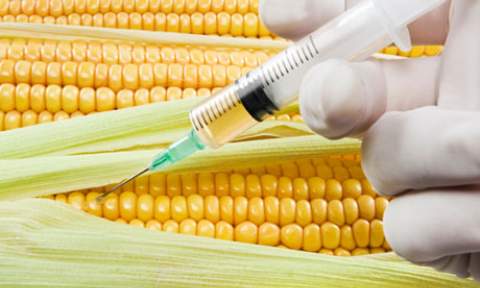

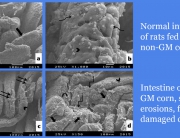
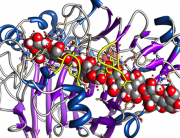



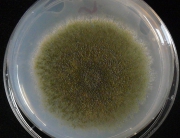
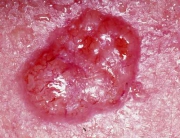

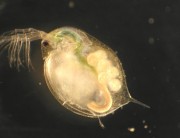
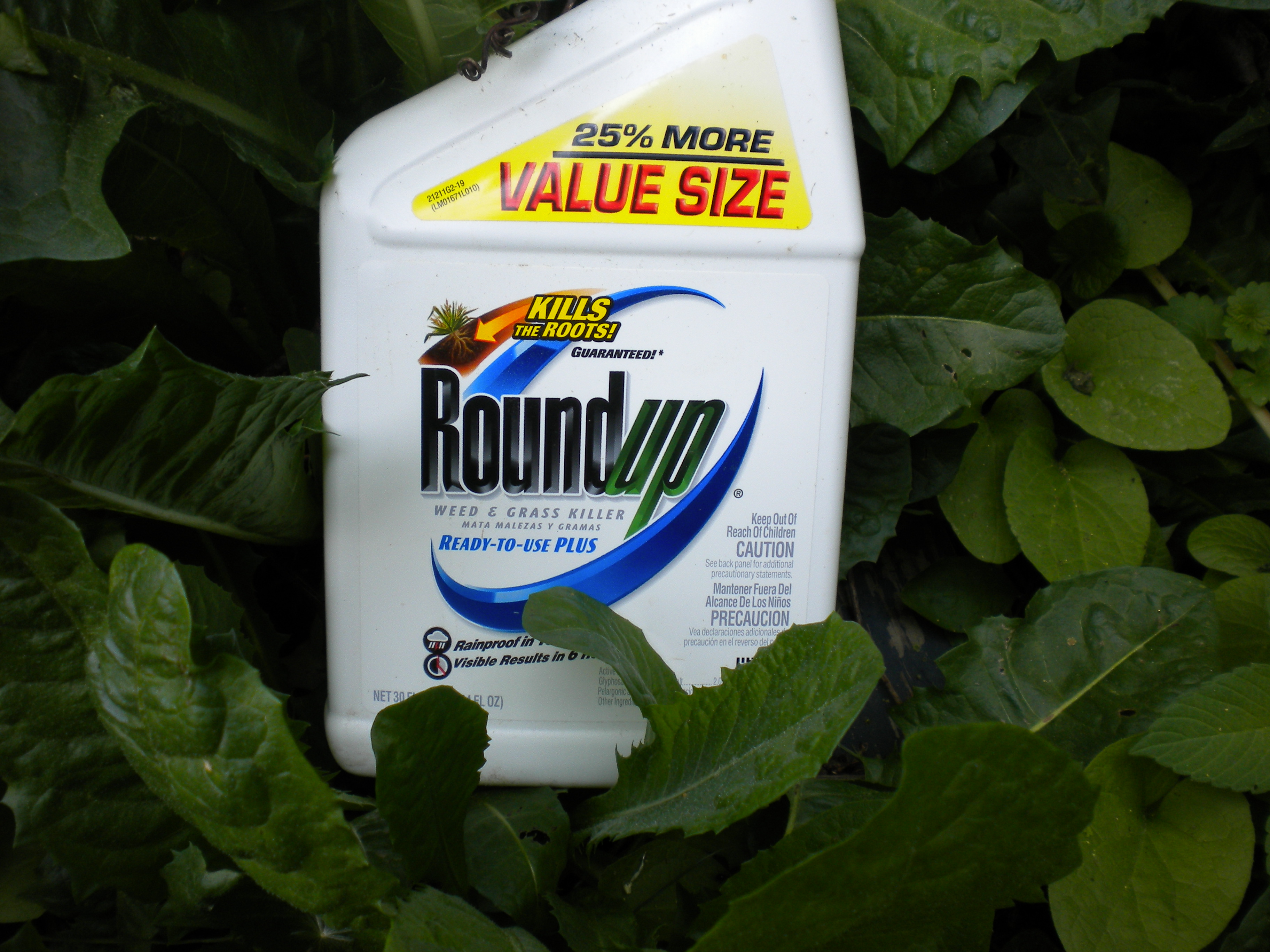
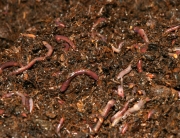


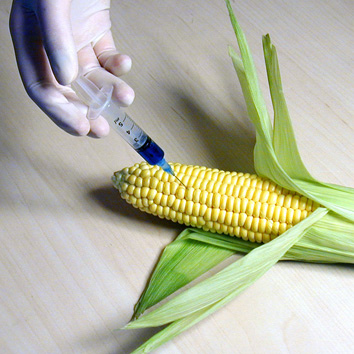


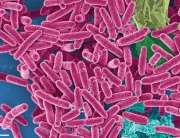
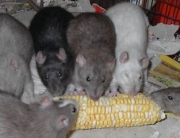

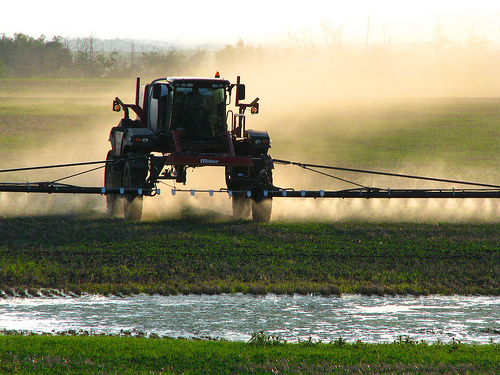
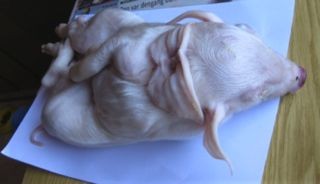
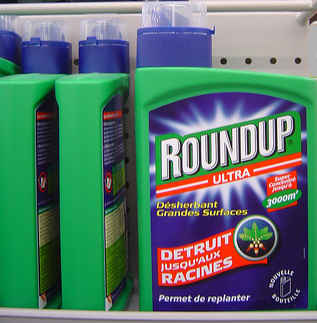
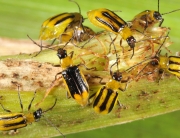
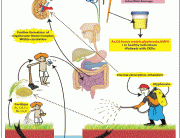


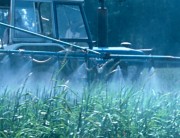

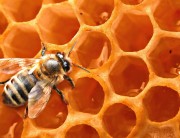
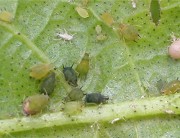

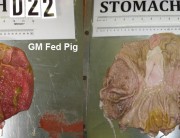
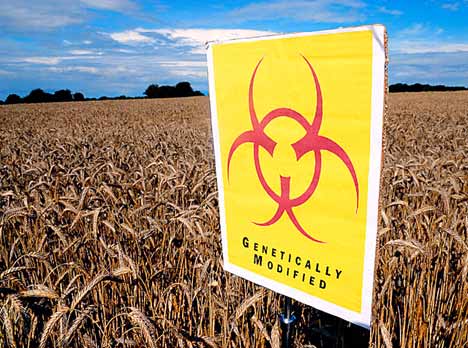
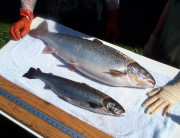
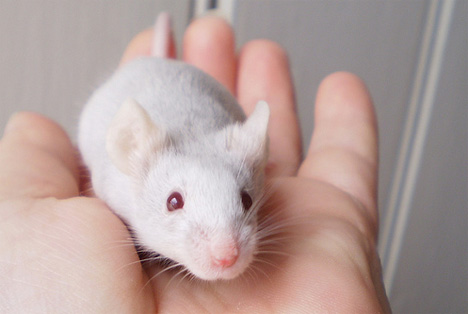



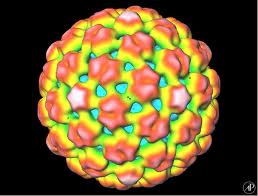
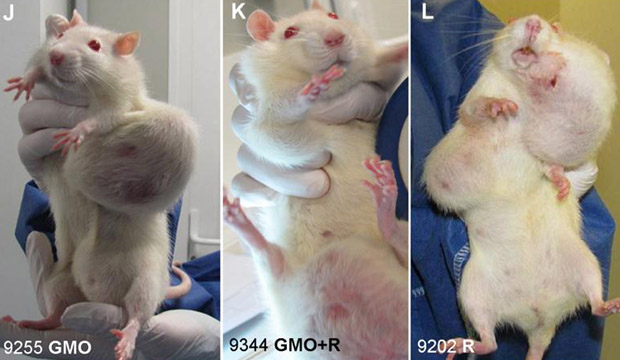

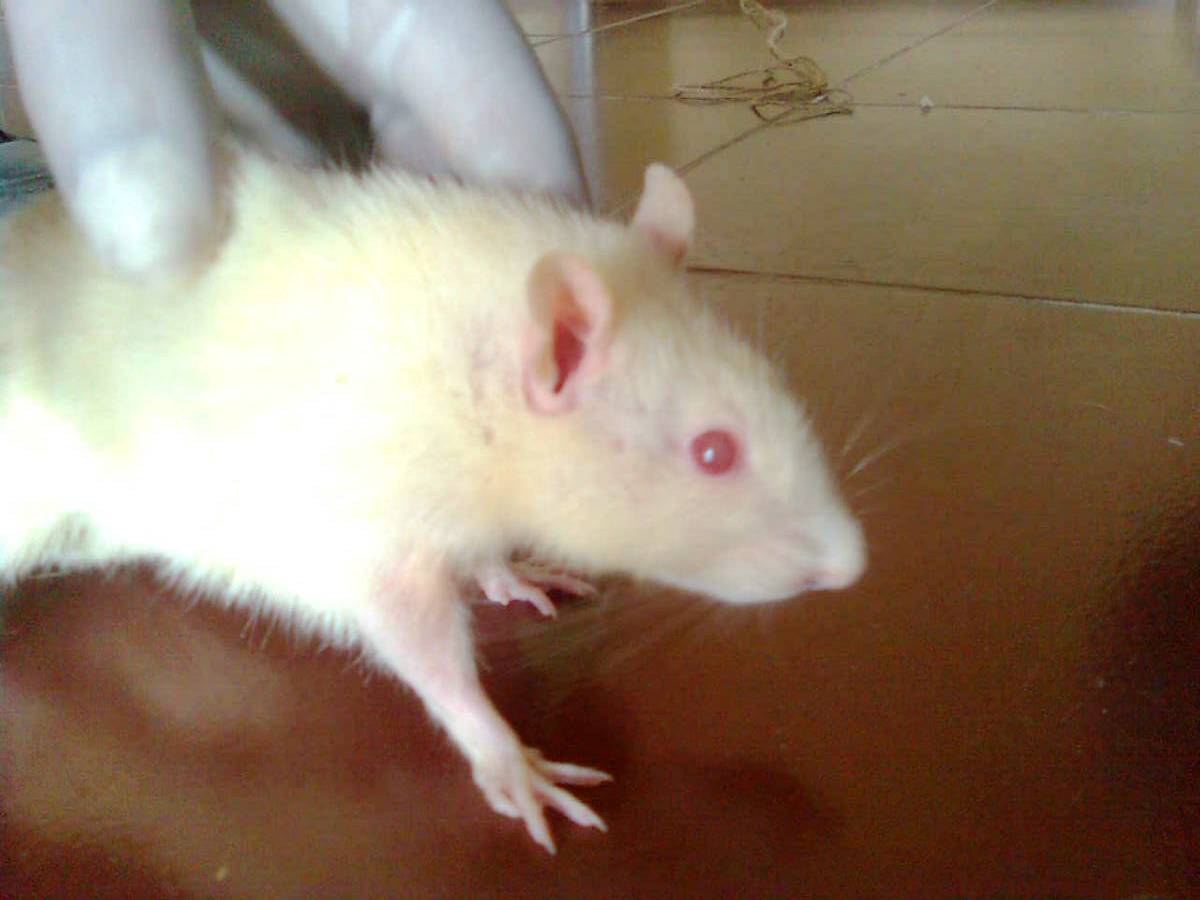


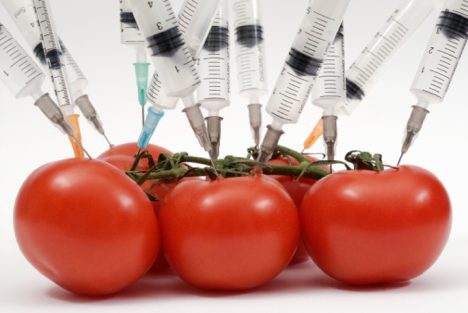
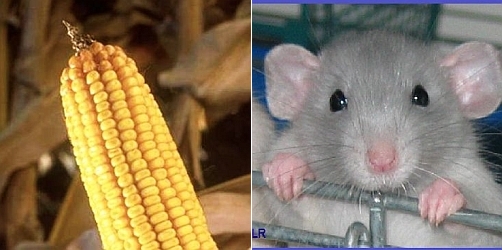



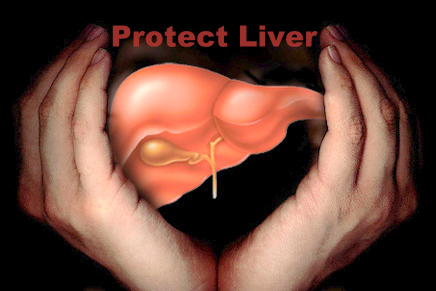
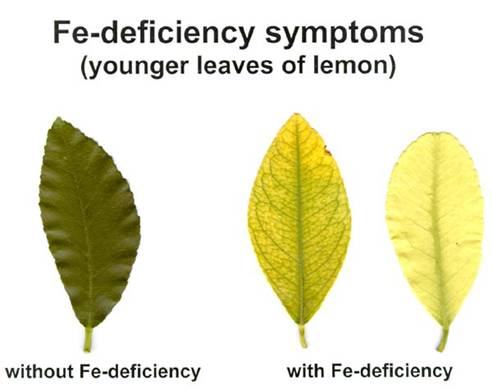
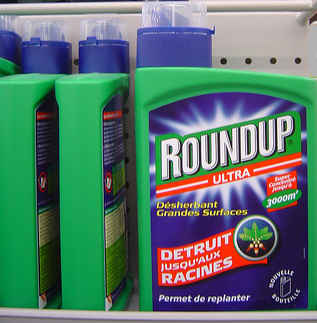
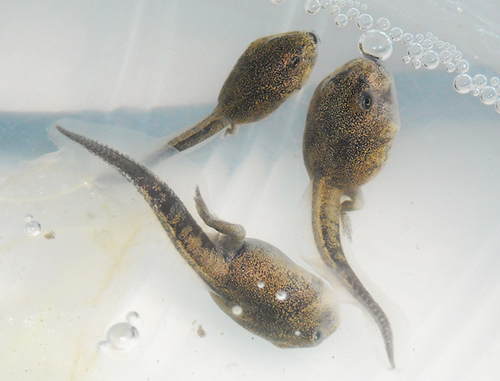
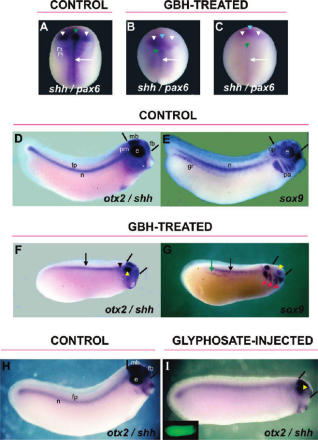




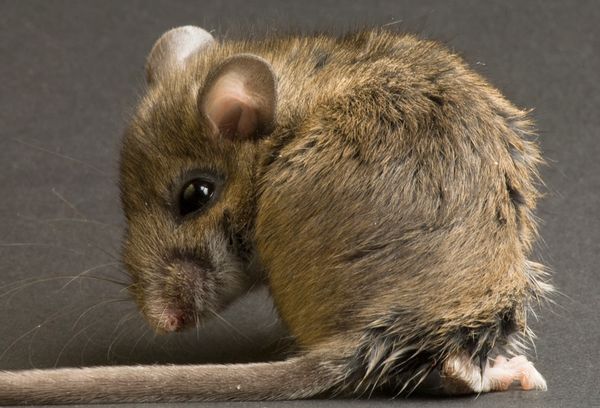
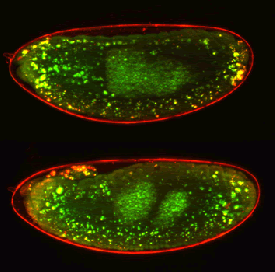
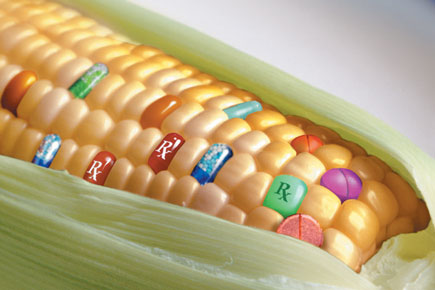


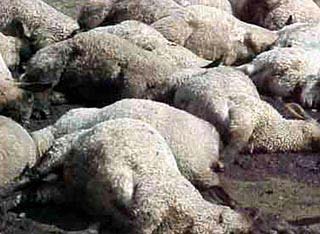
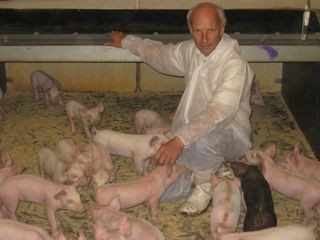
The idea that roundup is safe for humans is based on the fact that the shikimate pathway that it blocks to poison weeds does not exist in humans. This is a tragic mistake because 90% of the cells in the human body are symbiotic bacteria which do use that pathway. Oops! Approval of roundup for food was a disastrous mistake that may be responsible for many of today’s runaway health problems. To make matters worse, the EPA is now proposing to raise the allowable levels of roundup. Our government regulators no longer protect the people but are more interested in protecting Monsanto’s evil profits.
#GMO #Monsanto
There is obvious conditional bias in biotechs research.
http://www.endsciencecensorship.org/en/page/retraction-double-standards#.VnQrUlAo5Ag
http://www.enveurope.com/content/25/1/33
Going by Monsantos standards all of Monsanto’s studies are invalid.
http://www.endsciencecensorship.org/en/page/retraction-double-standards
GMO are regualed as a pesticide by the FDA.
http://www.epa.gov/pesticides
Studies showing the dangers of GMOs get ignored.
http://www.sciencedirect.com/science/article/pii/S0890623811000566
The effects of the toxins are lethal.
http://onlinelibrary.wiley.com/doi/10.1002/jat.2712/abstract
http://pubs.acs.org/doi/abs/10.1021/jf802059w
Studies showing the dangers of any of Monsanto’s products are ignored.
http://www.ncbi.nlm.nih.gov/pubmed/23756170
http://www.ncbi.nlm.nih.gov/pubmed/21338670
GMO producers try to pass off privately funded studies as independent studies.
http://www.foodandwaterwatch.org/insight/pro-gmo-database-monsanto-most-common-funder-gmo-research
Why are the GMO producers working so hard to keep everything a secret?
http://www.scientificamerican.com/article/do-seed-companies-control-gm-crop-research/
There has been proven conflicts of interest in the research on the safety of GMOs.
http://www.sciencedirect.com/science/article/pii/S0306919210001302
GMO increase herbicide and pesticide use.
http://www.enveurope.com/content/24/1/24/abstract
http://static.ewg.org/agmag/pdfs/pesticide_use_on_genetically_engineered_crops.pdf
GMOs raise production cost.
http://modernfarmer.com/2013/12/post-gmo-economy/
One of biotechs biggest advocates have had many studies retracted and some involved GMO research
http://retractionwatch.com/?s=pamela+ronald&submit=Search
The positive hype surrounding GMOs is based on studies that have been retracted
http://www.gmwatch.org/news/archive/2013/15198-gmo-hype-based-on-retracted-science
There was a hidden viral gene found in GMOs
http://www.i-sis.org.uk/Hazardous_Virus_Gene_Discovered_in_GM_Crops.php
They are not sure what the affects on humans or plants will be.
http://www.independentsciencenews.org/#article/1421
They know there is the risk of horizontal gene transfer. So what if the genes transfer to those consuming the GMO food. Now thei bodies will become their own enemy producing the same toxins.
http://journals.plos.org/plosone/article?id=10.1371/journal.pone.0069805
I believe it is one of the contributing factors behind autoimmune disease.
http://www.ncbi.nlm.nih.gov/pubmed/18801324
They are trying to fix a problem that don’t exist. There has always been food that sits and rots. The real problem is food wastage.
https://www.nrdc.org/food/files/wasted-food-ip.pdf
http://www.usda.gov/oce/foodwaste/
http://www.npr.org/sections/thesalt/2014/02/27/283071610/u-s-lets-141-trillion-calories-of-food-go-to-waste-each-year
Because GMOs are causing higher usage of pesticides it is creating super bugs.
http://www.ncbi.nlm.nih.gov/pubmed/23396248
The inteased pesticide using is destroying our gut bacteria.
http://link.springer.com/article/10.1007/s00284-014-0732-3
If i could find human trials on GMOs i would post the links. I have not been able to find any.
Well i finally found some.
The toxins glyphosate and Bt-toxin have been found in the placenta of pregnant women and their blood syream.
http://www.sciencedirect.com/science/article/pii/S0890623811000566?via%3Dihub
Studies have shown GMOs activate the immune system which can result in a number of diseases. Like cancer, autoimmune,allergies etc.
http://www.ncbi.nlm.nih.gov/pubmed/17356802
Planning on having children GMOs can cause some pretty serious physical training.
http://www.mindfully.org/GE/2004/Transgenes-Human-Gut1feb04.htm
http://www.ncbi.nlm.nih.gov/pubmed/22200534
https://www.gmoevidence.com/dr-el-shamei-gm-maize-cause-death-of-spermatogonial-cells/
There are many independent and goverment studies showing the dangers of GMOs.
http://www.enveurope.com/content/23/1/10
http://www.enveurope.com/content/26/1/14
http://www.organic-systems.org/journal/81/8106.pdf
http://onlinelibrary.wiley.com/doi/10.1002/jat.1319/abstract#.Vg_1cAS2tX4.facebook
http://www.ncbi.nlm.nih.gov/pubmed/7854587
http://articles.mercola.com/sites/articles/archive/2011/04/27/19-studies-link-gmo-foods-to-organ-disruption.aspx?x_cid=01042013HPost
http://people.csail.mit.edu/seneff/glyphosate/glyphosate.html